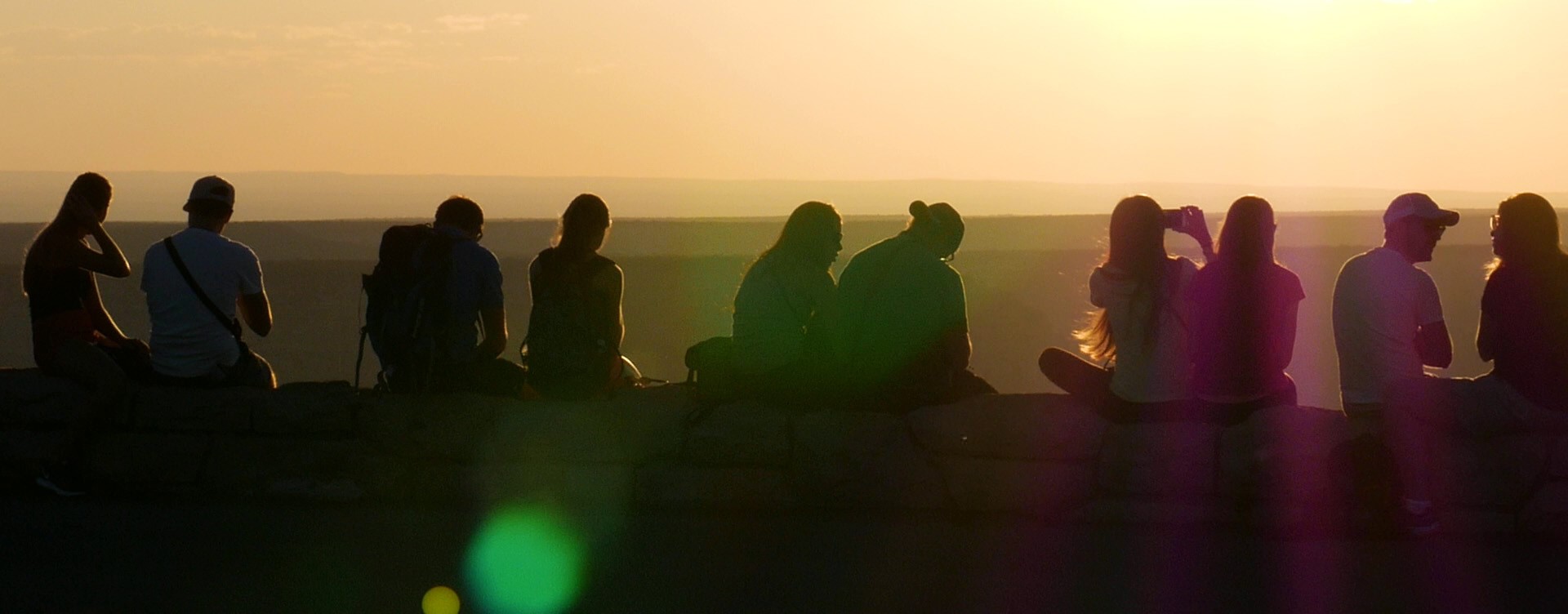Hoe vér kun je gaan?
Ontdek de bestemmingen
Scroll verder
Justdiggit vergroent Afrika om zo onze aarde af te koelen. Shoestring draagt een steentje bij.
Je reist ter plaatse zoveel mogelijk over land; minder vervuilende vluchten!
Je vermindert je plasticverbruik op reis in samenwerking met onze lokale partners.
Je reis wordt georganiseerd door erkende lokale agenten.
Je overnachtingen, vervoer & excursies worden verzorgd door lokale ondernemers.
Je slaapt of eet op veel reizen minimaal een keer bij lokale mensen thuis.















.png?mh=188&la=nl-NL&h=188&w=188&mw=188&hash=9401AC541BE9E691D5046A64A736B2FF81A2331A)
